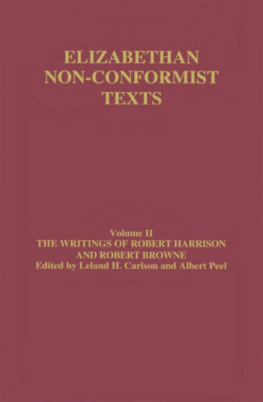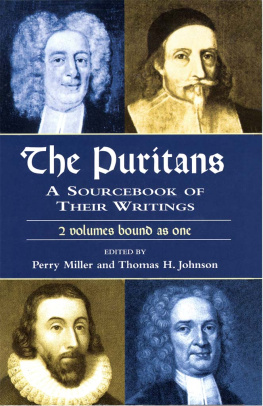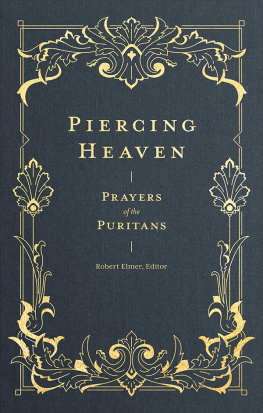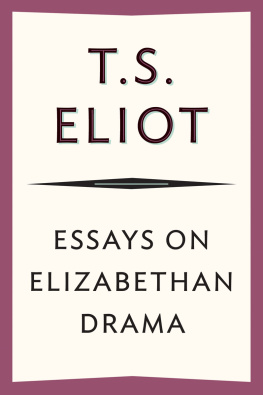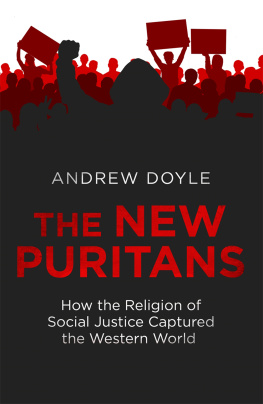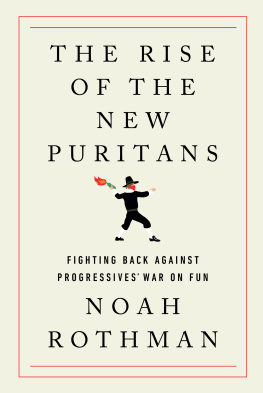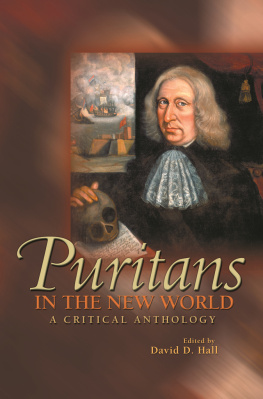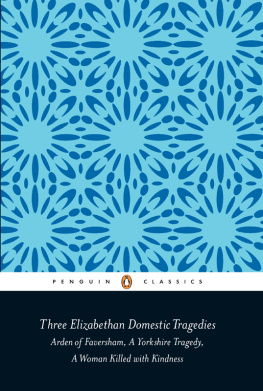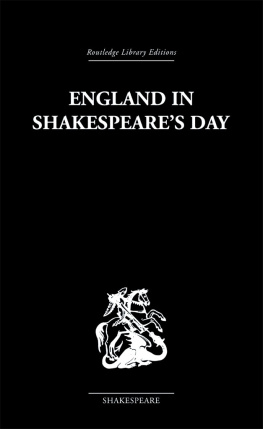ELIZABETHAN NON-CONFORMIST TEXTS
ELIZABETHAN NON-CONFORMIST TEXTS
VOLUME I
Cartwrightiana
Edited by Albert Peel and Leland H. Carlson
VOLUME II
The writings of Robert Harrison and Robert Browne
Edited by Leland H. Carlson and Albert Peel
VOLUME III
The writings of Henry Barrow 15871590
Edited by Leland H. Carlson
VOLUME IV
The writings of John Greenwood 15871590
Edited by Leland H. Carlson
VOLUME V
The writings of Henry Barrow 15901591
Edited by Leland H. Carlson
VOLUME VI
The writings of John Greenwood and Henry Barrow 15911593
Edited by Leland H. Carlson
ELIZABETHAN NON-CONFORMIST TEXTS
VOLUME I
Cartwrightiana
Edited by Albert Peel and Leland H. Carlson
First published 1951
by George Allen & Unwin Ltd
This edition reprinted 2003
by Routledge
2 Park Square, Milton Park, Abingdon, Oxfordshire OX14 4RN
Simultaneously published in the USA and Canada
by Routledge
711 Third Avenue, New York, NY 10017
Routledge is an imprint of the Taylor & Francis Group, an informa business
First issued in paperback 2013
1951 Albert Peel and Leland H. Carlson
Typeset in Times by Keystroke, Jacaranda Lodge, Wolverhampton
All rights reserved. No part of this book may be reprinted or reproduced or utilised in any form or by any electronic, mechanical, or other means, now known or hereafter invented, including photocopying and recording, or in any information storage or retrieval system, without permission in writing from the publishers.
British Library Cataloguing in Publication Data
A catalogue record for this book is available from the British Library
Library of Congress Cataloging in Publication Data
A catalog record for this book has been requested.
ISBN 978-0-415-31989-8 (hbk)
ISBN 978-0-415-86005-5 (pbk)
Publishers note
The Publisher has gone to great lengths to ensure the quality of this reprint but points out that some imperfections in the original book may be apparent.
CAHTWRIGHTIANA
Edited by
ALBERT PEEL
LITT. D.
and
LELAND H. CARLSON
PH. D.
TO THE MEMORY
OF
THE REVEREND WILLIAM HARROP
ONE of the first essentials for the study and the writing of history is the accessibility of sources. If manuscripts are in far-distant places or in repositories only occasionally open to students, and if printed books are excessively rare, difficulties are multiplied. The use of the photostat and the microfilm does something to relieve the situation, but they help individuals or only a few, and those who provide calendars of manuscripts or definitive editions of rare printed works can count themselves useful handmaids to historians.
A century ago the Parker Society rendered conspicuous service in over fifty volumes of reprints which look as unattractive as they are useful. A contemporary attempt was made to form a Wycliffe Society which would do for the non-Anglican groups what the Parker Society did for the Anglican divines; but it came to little. True, an occasional Puritan work is incorporated; some of Cartwrights to which Whitgift replied appear in the three volumes of Whitgifts Works; but in the main the Presbyterians, Independents, and Baptists have had to wait until the 20th century for the kind of attention the Anglicans received in the 19th. In 1907 Frere and Douglas broke the ice in Puritan Manifestoes, which reprints pamphlets dating from 1566 to 1573. In 1909 William Pierce printed An Historical Introduction to the Marprelate Tracts, and in 1912 Mr. Champlin Burrages Early English Dissenters contained many transcripts of contemporary sources. In 1915 W. T. Whitley published The Works of John Smyth, and in the same year appeared my calendar of MSS. in the Dr. Williamss Library, The Seconde Parte of a Register. It was the intention to follow that work with a reprint of A parte of a register, to which the Puritans of 1590 intended it to be a successor, but two wars and the pressure of other duties intervened, though I have always regarded it as a commitment.
Perhaps an even greater need, however, has been that for an authoritative edition of the writings of the early Separatists and Independents Browne, Harrison, Barrow, Greenwood, and Penry, three of whom gave their lives for their faith. Since the publication of The Seconde Parte of a Register there has been constant demand for such an edition; most of their works are rare, some of them extremely so, and yet it is impossible to understand the rise and development of Independency and of the democratic idea in religion and in politics without adequate reflection upon them. From time to time the Congregational Historical Society has reprinted individual works, edited by T. G. Crippen and Dr. A. J. Grieve, and in 1943 the Royal Historical Society printed my edition of Penrys manuscript note-book. But the desired definitive edition remained but a dream, though the pressure to provide such an edition has been cumulative through the years. Though ones preference would have been to finish the work, Elizabethan Puritanism and Separatism, I have long had in hand, it seemed a clear duty first to provide the sources so that, if time prevent the completion of my plans, others may carry them out.
The problem has been two-fold to discover the time the preparation of such an edition entails, and to find the resources to meet the greatly increased cost of publication, particularly heavy when works must be printed verbatim and literatim. The problem has been solved by the public spirit of the Sir Halley Stewart Trust, which has not only underwritten the publication costs but also made a grant towards research expenses.
Originally the scheme was to provide the corpus of the writings of the fathers of Independency, and to follow it with the reprint of A parte of a register. It was found, however, that many of the parerga of Thomas Cartwright, the Presbyterian leader some of them not in print or previously unidentified were so interlocked with those of the Independents that a volume of Cartwrightiana seemed a necessary preliminary.
Acknowledgment must be made of the generous help of the Sir Halley Stewart Trustees, and I am also grateful to the Rockefeller Foundation for grants for the purchase of photostats.
The Librarians of the British Museum, the Lambeth Library, and the Dr. Williamss Library, in London; of the Bodleian; the Cambridge University Library; the Rylands Library in Manchester; the Sterling Library at Yale; the Houghton Library at Harvard; the Huntington Library in San Marino; and the Union Theological Seminary Library in New York and their staffs have done much to expedite my labours. They have also readily granted permission to print the works in their charge. I am also indebted to Sir Fitzroy and Lady Calthorpe, not only for leave to print manuscripts in the Yelverton Collection, but for the gracious hospitality which has made work at Elvetham Hall a pleasure.


